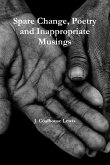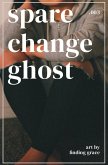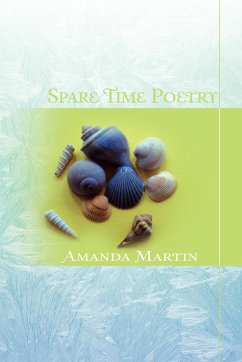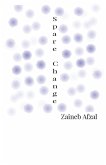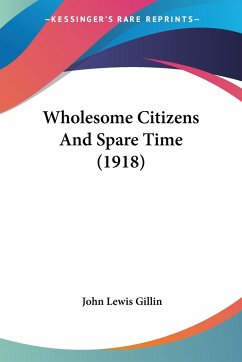Imperative to Spare is the first installment of a trilogy in which Hightower seeks to explore diplomacies of the heart. He puts an altruistic human face on suffering and awe. The poetic voice is that of the lone surviving wanderer in the landscape of grief and loss-missives from bereavement in the wasteland. By design, nothing is meant to last forever. Love is the most powerful force in the universe as we can always create more of it. The poems sample diverse literary styles. His work is a mix of Callimachus, Rumi, William Blake, Robert Browning, Walt Whitman, Hart Crane, H.D., T.S. Eliot, and Anne Sexton. Poems shift in tone from the casual familiar to the literary (ekphrastic guide, voices of biblical or pagan characters, shepherds, etc.). In emotional content there are discants of Gilgamesh mourning Enkidu, Achilles mourning Patroclus, Job wrinkling his rhetoric to his Lord, David mourning Saul and Jonathan, Alexander mourning Hephaestion, the white cue ball disappearing into the darkness of a pool table pocket. The manuscript is divided into four sections. It evokes images ranging from Ariadne, Sampson, The Good Samaritan, New Testament Mary in her flight to Egypt, to Scarlett O'Hara and Christopher Isherwood's George Falconer in A Single Man: "If it's going to be a world with no time for sentiment, it's not a world that I want to live in." "In his poem 'The Gaze, ' Hightower writes of a man on the street: "I want // to lie down, / curl next to him / without perlustration, / without exchanging / a glace // or a word.' Fortunately for us readers, in Imperative to Spare, he has done quite the opposite: Hightower crafts a perlustration of grief that is unequivocally personal, profound, and with few peers. While his mastery of heightened language remains clear, it's when Hightower's language arrives unadorned that we discern the total vulnerability of the poet in mourning: as in the middle of 'The World is Full of Beautiful Things, ' where the speaker's gratitude for a beloved's absence is reminiscent of the great Russian poet Marina Tsvetaeva's plaintive utterances; or in 'Gashapon, ' describing a candy vending machine, he writes, 'The sign reads: 'The light inside / is broken, but I still work.' // 'Me, too, vending machine. / Me, too...' Hightower's discrete moments with objects, memories of 'another set of eyes, ' and a world unencumbered by his private pain elucidates the multivalence of a beloved's death. And all the little darlings-ourselves included-are better off knowing it."-Daniel W. K. Lee, author of Anatomy of Want
Hinweis: Dieser Artikel kann nur an eine deutsche Lieferadresse ausgeliefert werden.
Hinweis: Dieser Artikel kann nur an eine deutsche Lieferadresse ausgeliefert werden.


